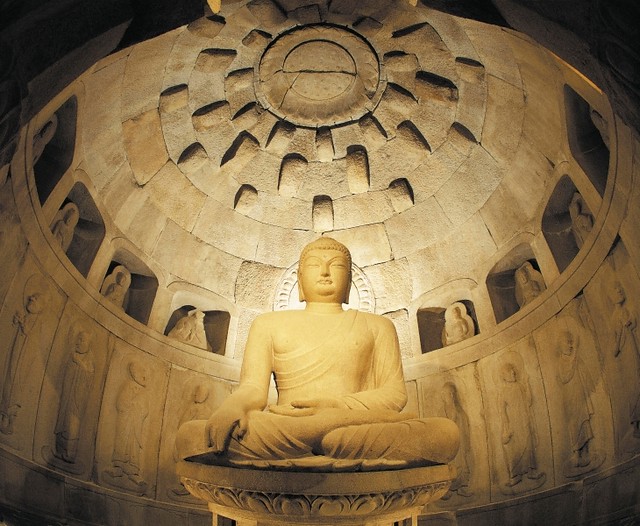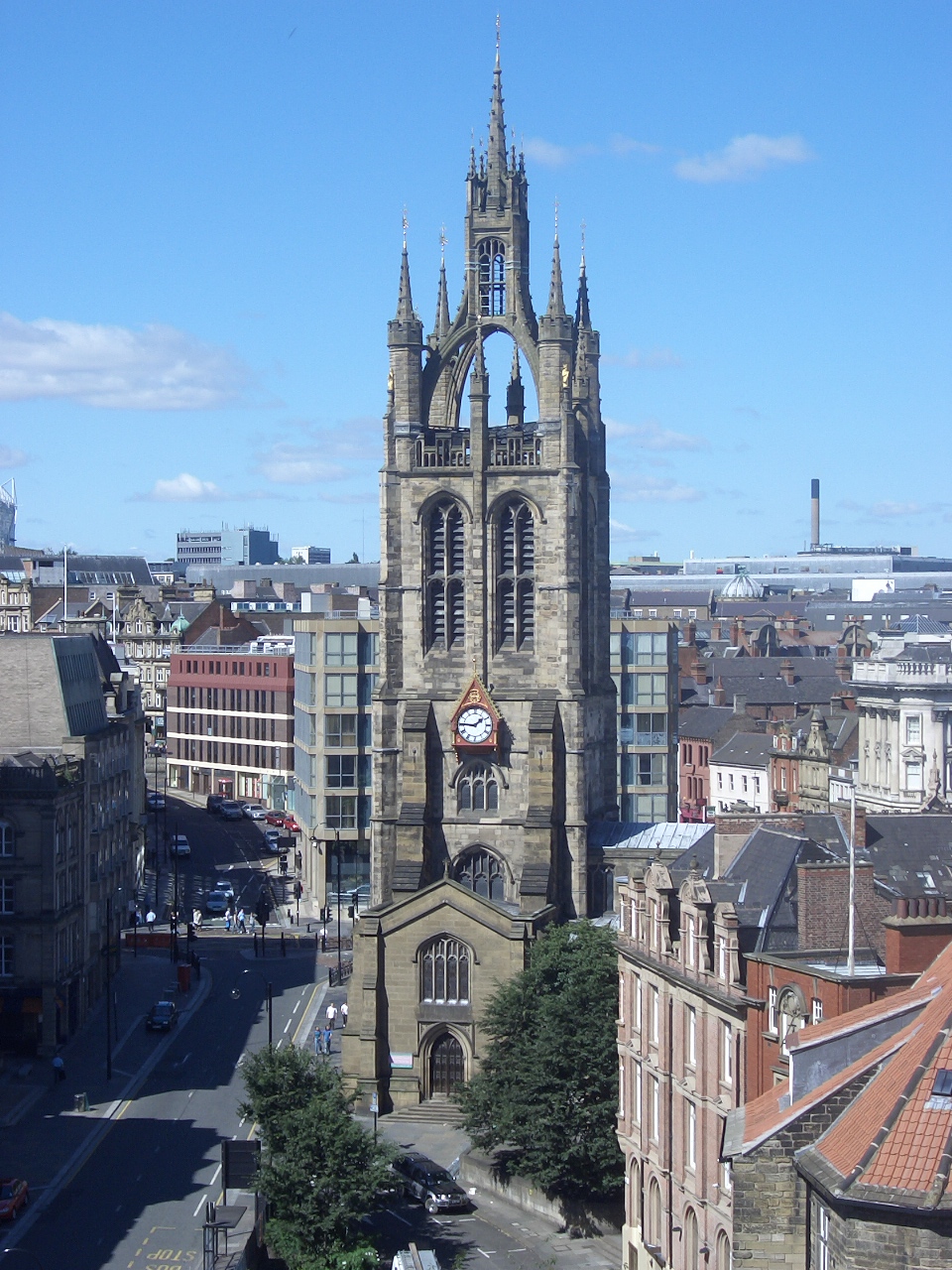This came up for me as the random spot in the world for
MapCrunch. It isn't anywhere I've been or would have thought to feature, but having pulled it up I see it as a suitable escape fantasy.
My own run in with Belgium was thirty-one years ago hitchhiking out of northern France and to the border, far north of Tintange. I had devoted the day to the project, starting out early in the morning in Calais, thinking it would be a breeze to get into Belgium. Many hours and a few short rides later, I was finally dropped off by a French truck driver late at night. He pointed the way to the border kiosk, letting me know the entry to Belgium. I approached the customs agent near midnight with nothing but a backpack, half expecting him to turn me back. Instead he waved me in. I thought there ought to be more to this entry than that, so I asked if he shouldn't stamp my passport. He shrugged his shoulders, pulled out his reluctant little bureaucratic inkpad, and obliged with a gesture that said nothing but "if you insist." And then waved me to get a move on again.
I turned to the big empty Belgian field next to the highway that looked, naturally, identical to the empty French field behind me. At midnight I was done with my hitchhiking for the day, so I did the best I could to find an out-of-the-way spot in the grasses where I rolled out my sleeping bag and waited for the day to come.
I couldn't have predicted the contrasting experience the next day would provide, with every Belgian driver seeming eager to advance my cause the instant I put out my thumb. I arrived in Antwerp early in the day, and as I stood on a street corner studying a city map to figure out the directions to the hostel, a businessman approached offering help. I told him the address I was looking for and asked the best way to get to it. His answer: Hop in my car, I'm going in that direction; I'll drop you off.
I've never been back to Belgium, but if these photos are any indication, I think I'd like try a little further south next time.


















